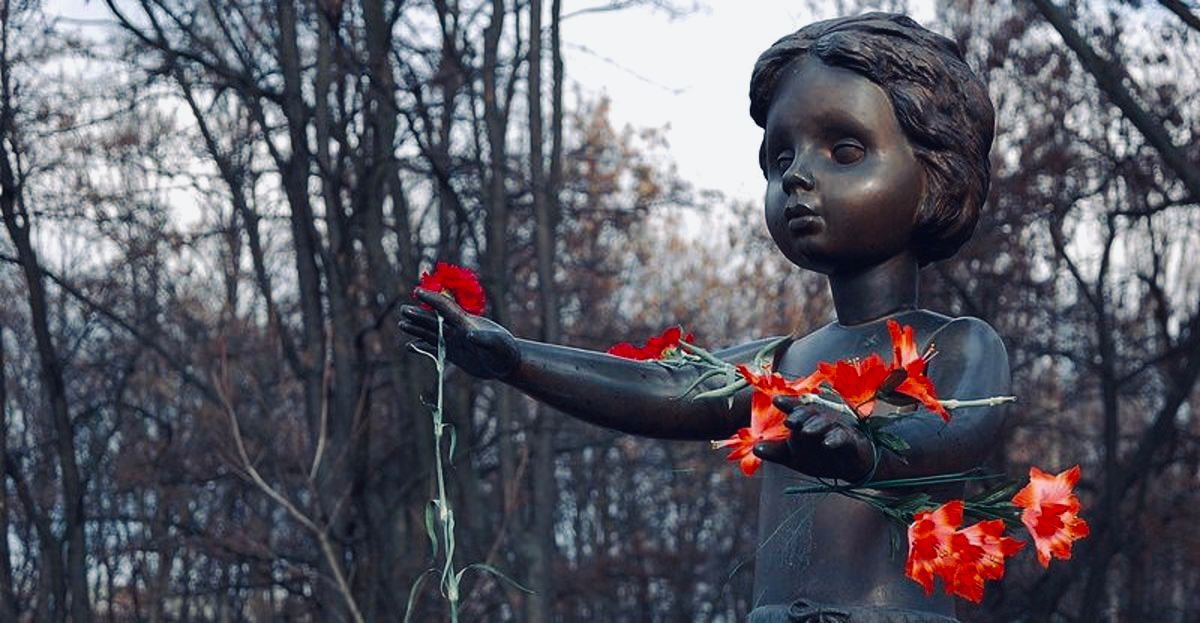
A thread on the infamous Death Match played between the bakers of Kyiv and the ruthless Nazi opponents that became a symbol of defiance, courage and resistance (1/n) 

Recovering from the Stalinist regime, just when the Ukrainians started dreaming of Dynamo Kyiv dominating Soviet football, the scenario changed for the worse as WW2 interrupted its course and German forces occupied Kyiv in 1941 (2/n)
Soon after the fall of Kyiv, the civil life of Ukrainians under the Nazis became worse than what it was during the Stalinist regime. By November end, approximately 100,000 Ukrainians had been executed brutally (3/n)
Most of the Dynamo Kyiv players were made prisoners of war and few of them were released after almost a year. Their talismanic goalkeeper Nikolai Trusevich was one of them. But he had nowhere to go (4/n)
One of the best goalkeepers of the Soviet Union was forced to survive on the streets waiting for a slow death. One day, all of a sudden, somebody came out from a nearby café calling his name (5/n)
The man was Iosif Kordik, a bakery owner. Being an ardent follower of Soviet football, he had recognized the disheveled yet familiar face of the legendary goal-keeper through the café window (6/n)
Trusevich joined ‘Bakery no 3’ as a janitor. Slowly he realized Kordik had a bigger plan of forming a football team with his workers to play against the Nazi teams and he was the protagonist in this grand plan (7/n)
Trusevich, with the help of Kordik, started searching for surviving Dynamo teammates who were suffering from malnutrition and deadly pneumonia but still, their courage and love for the game united them against the Nazis (8/n)
Trusevich named the team F.C. Start, to mark it as a new beginning. Despite lack of proper training and 20 hours of shift at the Bakery, the Bakers kept outperforming other Hungarian, Romanian and German teams (9/n) 

The oppressed civilians of Kyiv started rooting for their local heroes and paying hard-earned money to watch the triumph over their ruthless occupants. The resistance was forming and it was just a matter of time before the Nazi authority intervened (10/n)
Luftwaffe was the aerial warfare branch of the German Wehrmacht during World War II, and their football team, ‘Flakelf’, was considered among the finest of the German military. The Nazi authority arranged a match between Start and Flakelf (11/n) 

Despite repeated death threats from the authorities, the bakers crushed the powerful Luftwaffe side convincingly with a score of 5-1. A revenge match was arranged and the bakers again hammered five goals in front of Nazi police and senior officials (12/n)
Two days later, Secret State Police arrived with a warrant at Bakery No. 3 and arrested the Start players. There is no verifiable record of what happened with the players. The ending was ruthless and painful (13/n)
The players were thrown to concentration camps, few of them were shot to death one after the other including Trusevich. Folklore has it that while he was being shot, he was still wearing his favorite red and black goal-keeping shirt (14/n)
Source: @GoaldenTimes
• • •
Missing some Tweet in this thread? You can try to
force a refresh











